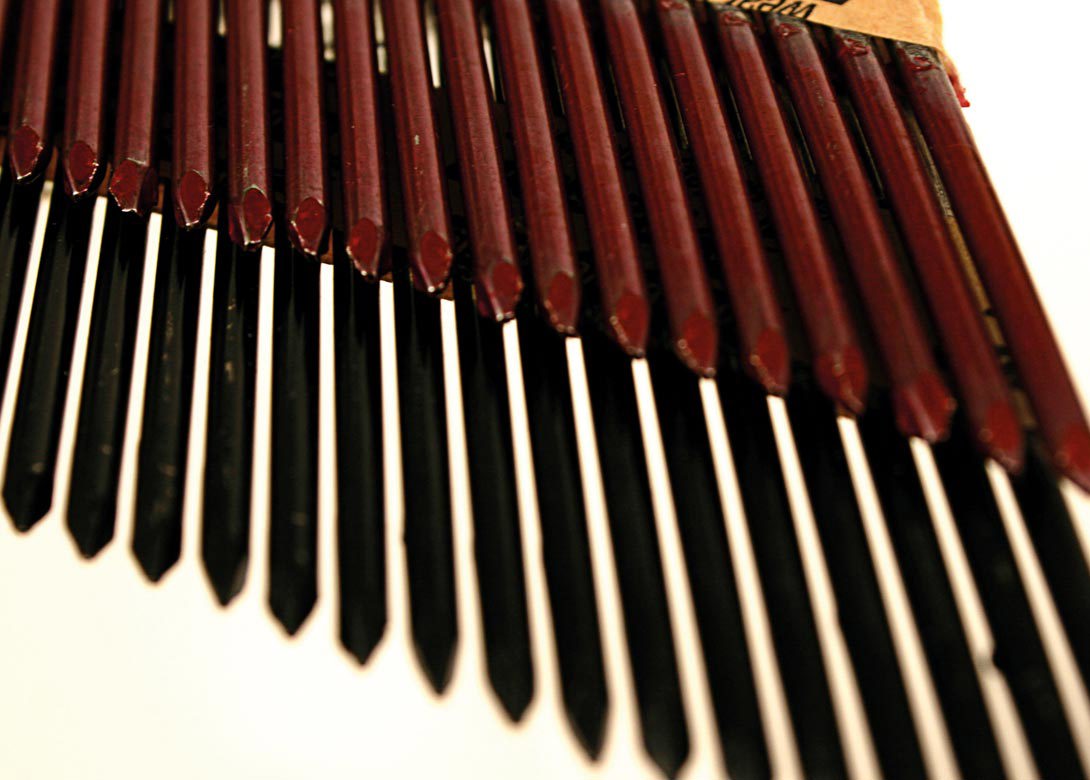
Speciality coatings can provide fastener manufacturers with new products and a competitive edge. Since cordless tool battery life is a serious concern for pros and DIYers, a growing number of fastener manufacturers are addressing the issue with unique coatings that dramatically increase the ‘drivability’ of nails and screws.
In turn, this also minimises the amount of power used by cordless tools, extends the battery life and increases productivity, since fasteners can be fixed faster and in higher volume before the battery must be changed out or recharged.
Drivability can also impact gas actuated fastening systems that utilise fuel cells, coupled with batteries, to drive framing nails, and finish brads or screws without having to connect to an air compressor or power cord.
The fuel cells are typically advertised as being able to drive 1,200 nails – by improving drivability of framing nails, a more economical and efficient 2,000 nails could be achieved per fuel cell.
According to Dan Chin, president of Universal Chemicals & Coatings (Unichem), this was the specific goal of one fastener manufacturer that sought the company’s help in creating a speciality coating that would dramatically improve the drivability of nails. Unichem is a US-based custom coating and adhesives formulator, looking to expand into Europe, that has worked with fastener manufacturers on these types of issues.
“The goal was to improve what the company called ‘ease of drive’ by 25%, which is a huge number. In doing so, more framing nails could be driven flush with one fuel cell,” says Chin.
Manufacturers of cordless framing and finishing guns often market unit specific nails or screws. These consumables generate significant ongoing revenue. Given the competition in the space, offering a product with a promotable differentiator is even more critical.
The challenge facing Unichem was to create a custom coating for the nails that improved drivability without allowing it to be easily removed. Unichem’s chemists successfully figured out a coating formulation that improved nail drivability by 25%, while meeting required anti-withdrawal properties.
“The speciality coating enabled the customer to relaunch the product and market it as incorporating new, improved technology. They were also able to increase their revenue and were very successful with it,” comments Chin.
The coating also potentially increases the number of nails that could be driven on a single, full battery charge, a high priority for cordless tool manufacturers and users.
“In a competitive market like fasteners, coatings can be used to create innovative new products with a clear cut differentiation from the competition,” says Chin.

Having spent a decade in the fastener industry experiencing every facet – from steel mills, fastener manufacturers, wholesalers, distributors, as well as machinery builders and plating + coating companies, Claire has developed an in-depth knowledge of all things fasteners.
Alongside visiting numerous companies, exhibitions and conferences around the world, Claire has also interviewed high profile figures – focusing on key topics impacting the sector and making sure readers stay up to date with the latest developments within the industry.
Don't have an account? Sign Up
Signing up to Fastener + Fixing Magazine enables you to manage your account details.